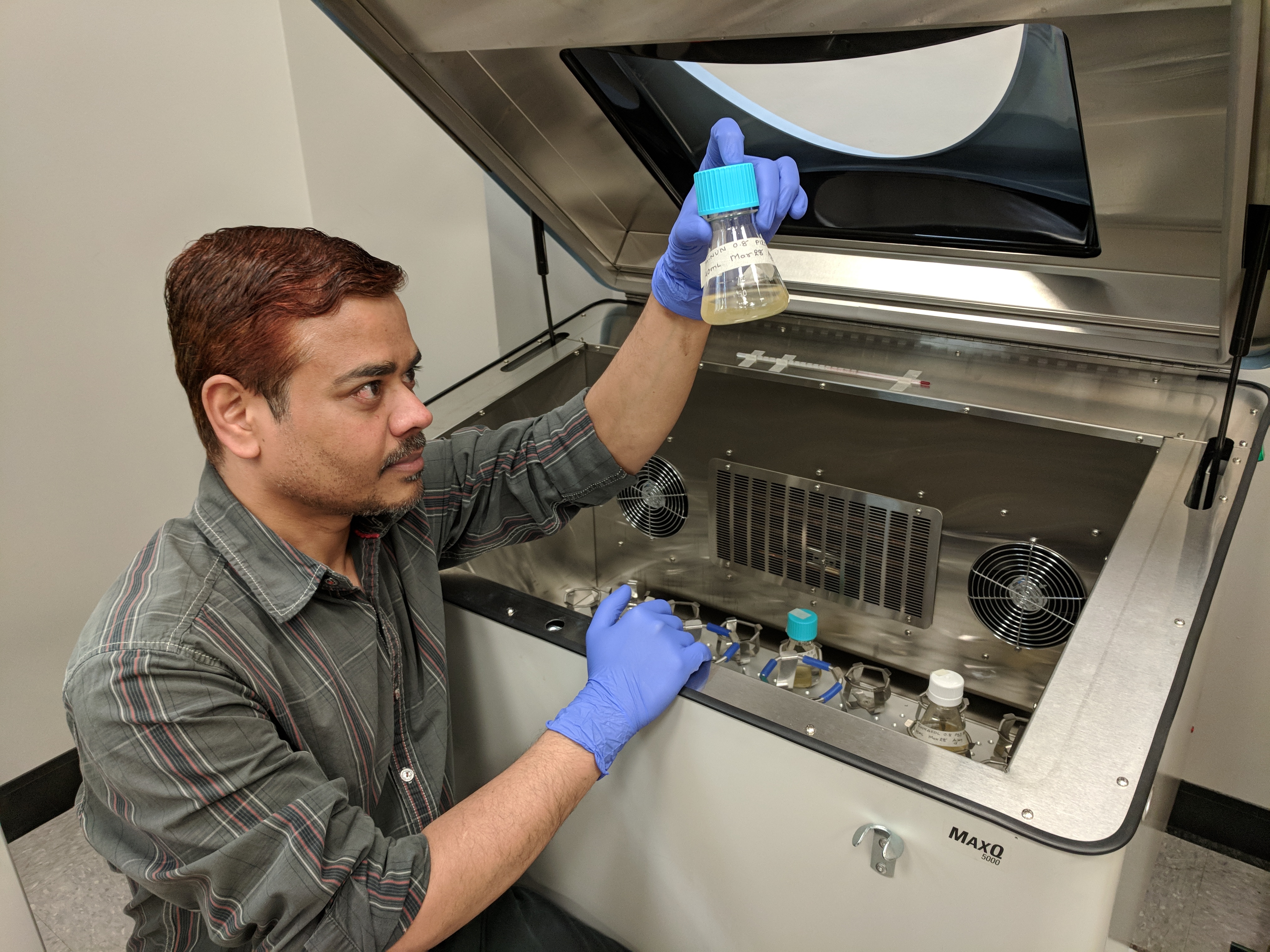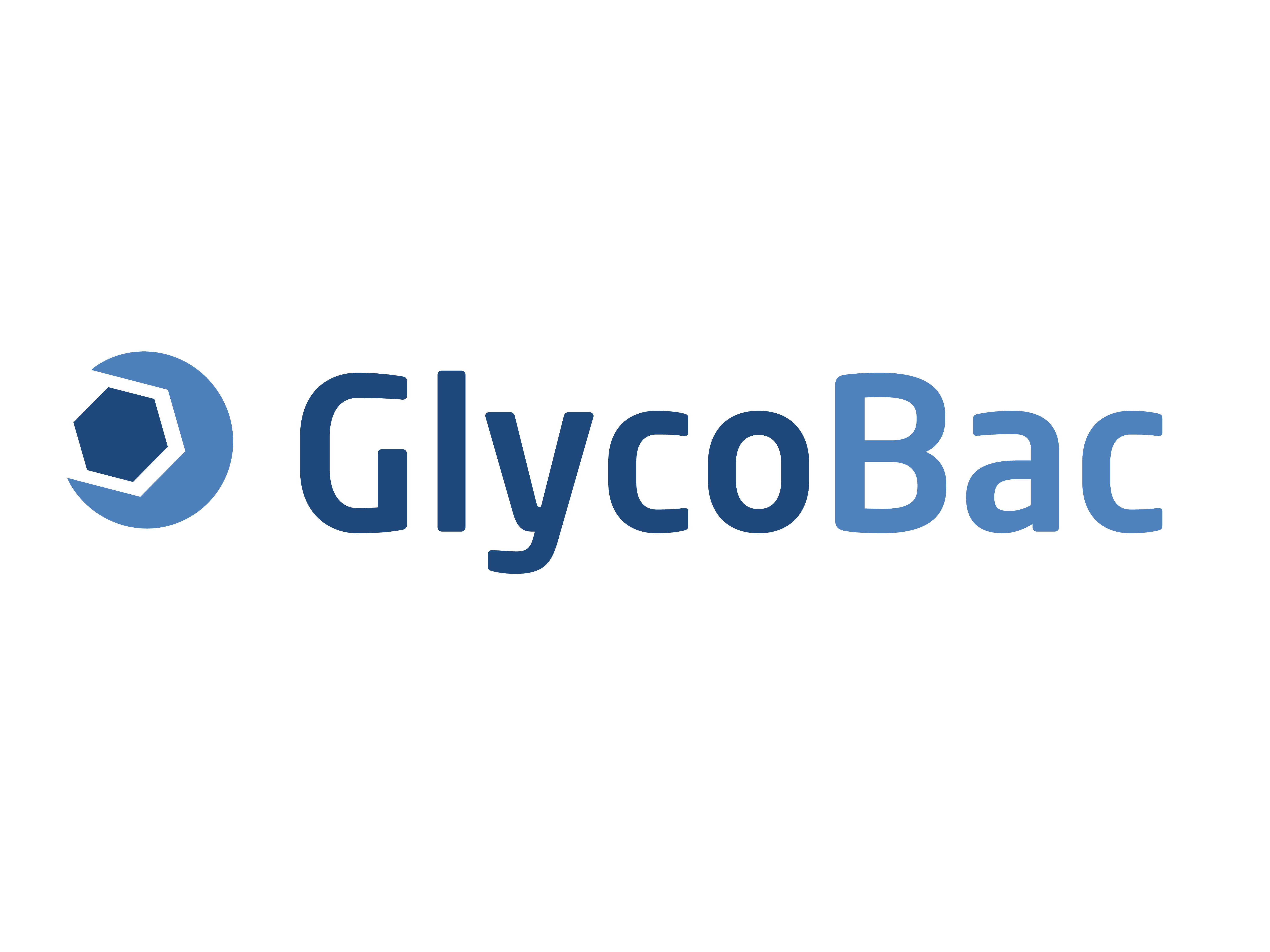What if the key to making vaccines faster, cheaper, and more effective came from insects? That’s exactly what GlycoBac, a biotech company in Laramie, Wyoming, is doing. By harnessing the power of virus-free insect cell lines, they’re revolutionizing vaccine production and gene therapy—all thanks to some incredibly engineered bug cells.
At its core, GlycoBac’s work revolves around glycobiology—the study of complex sugar chains (glycans) that play a crucial role in how cells and proteins function. By using insect cells and baculoviral vectors (a tool that helps introduce genes into cells), the company has figured out how to fine-tune the sugar structures of glycoproteins—the key molecules used in vaccines and gene therapies. This breakthrough allows for custom-designed glycans, making treatments more effective.

Like many biotech startups, GlycoBac faced hurdles in its early days. After an initial rejection for a Small Business Innovation Research (SBIR) grant from the National Institutes of Health (NIH), the team didn’t back down. Instead, they restructured their grant application to include multiple investigators and a more efficient research structure. This approach not only helped them secure the funding, but it propelled the company to the forefront of biomanufacturing. Thanks to the NIH SBIR Program, GlycoBac became a leader in providing virus-free insect cell lines, filling a crucial niche in the industry.
One of GlycoBac’s biggest wins came through a partnership with MilliporeSigma, a division of Merck KGaA. Together, they developed a groundbreaking rhabdovirus-negative (RVN) insect cell line—the first of its kind to combine a virus-free platform with a specialized cell culture medium. This innovation eliminates the need for extra virus-removal steps, saving time and cutting costs for biopharmaceutical companies developing vaccines and gene therapies.
This funding supports the company’s mission to increase its understanding of biological processes and to use their discoveries to prevent, diagnose, and treat disease.
Unlike many biotech firms that rely on venture capital, GlycoBac has kept its operations lean by generating revenue through licensing agreements and specialized assays. Over the past decade, they’ve secured more than $3 million in SBIR grants from the National Institute of General Medical Sciences (NIGMS). This funding supports their company’s mission to increase our understanding of biological processes and to use their discoveries to prevent, diagnose, and treat disease.







